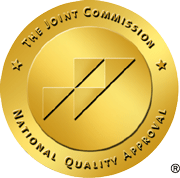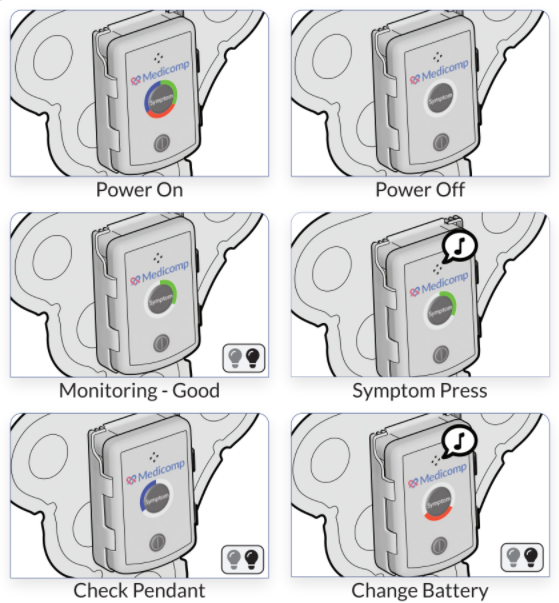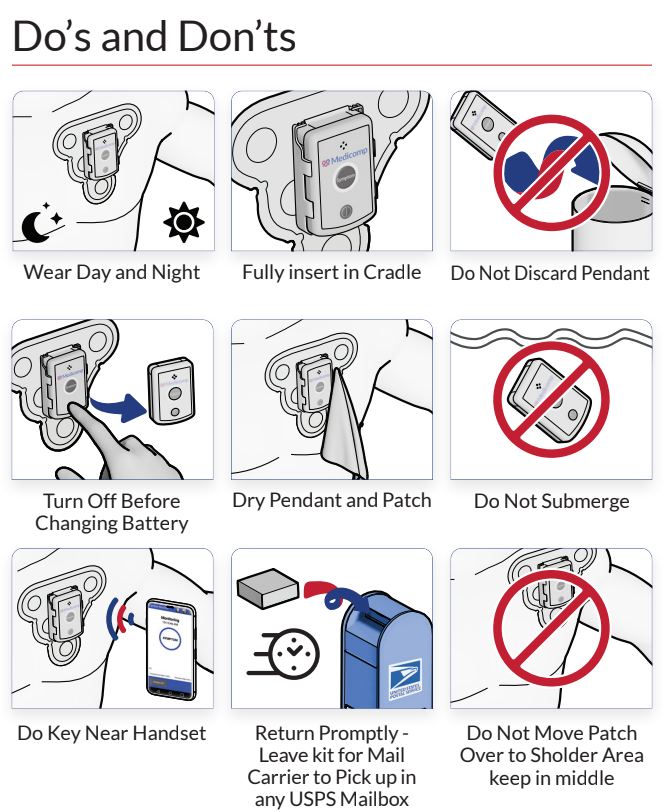The corollary between obesity and coronary heart disease (CHD) is well documented. A recent study took this theory a step further and studied patients who subjected their bodies to multiple weight fluctuations defined as a series of gains and losses comprising ten percent or more of total body mass. Their research indicated that patients who gained and lost significant amounts of weight throughout their adult lives were more likely to suffer from CHD than the controls used in the study. ReactDx recommends the use of mobile cardiac monitors to ensure patients’ rate, rhythm, morphology, and P-wave functionality can be assessed constantly for a select time to determine any dysrhythmias after extreme dieting.
The first investigation was conducted over a 15-year timespan and consisted of 1,396 participating men within the Veterans’ Administration Normative Aging Study in Boston, Massachusetts. A control group of 2,280 healthy males between the ages of 21 and 61 provided baseline measurements. All patients were screened every three to five years. This study evaluated the correlation between weight changes and heart health after controlling for age, initial weight, level of risk factors, and use of tobacco.
At each follow-up appointment, subjects were weighed and the percent of weight lost or gained was recorded. Participants who gained the highest percentage of weight were found to have the greatest increase of all cardiovascular risk factors. In fact, weight gain increased cardiovascular health problems on a similar scale as an uncontrolled risk factor: age. On the other hand, men who dropped more than 10% of their overall body weight did not note a significant change in any cardiovascular risk factor.
The second study was an observational cross-sectional study of 102 subjects, both male and female. Of this sample, 61 patients were previously diagnosed with CHD and 41 were considered “healthy controls.” Participants completed a survey inquiring about weight changes in adulthood, including maximum and minimum weights, number of weight variations within the 10 years prior to onset of CHD, and amount of weight change either in gains or losses. A weight variation was defined as weight loss succeeded by weight gain that encompassed more than 10 percent of total body weight.
The study found that patients suffering from CHD had a greater amount of body weight when compared to the healthy controls. They also had larger numbers of weight variations and reported weight gains and losses that exceeded their healthy peers. The correlation between weight fluctuations and heart disease may be due to several factors: drop in HDL cholesterol, increase in C-reactive protein, increase in blood pressure, and/or changes in plasma lipid levels and insulin levels.
Both studies suggested that frequent weight changes of more than 10% of total overall body weight may be closely associated with coronary heart disease. To learn more about risk factors of cardiovascular disease, read our blogs. For information pertaining to mobile cardiac monitors to monitor your patient’s’ heart health, contact ReactDx at 800-234-3278 (800-23HEART).



